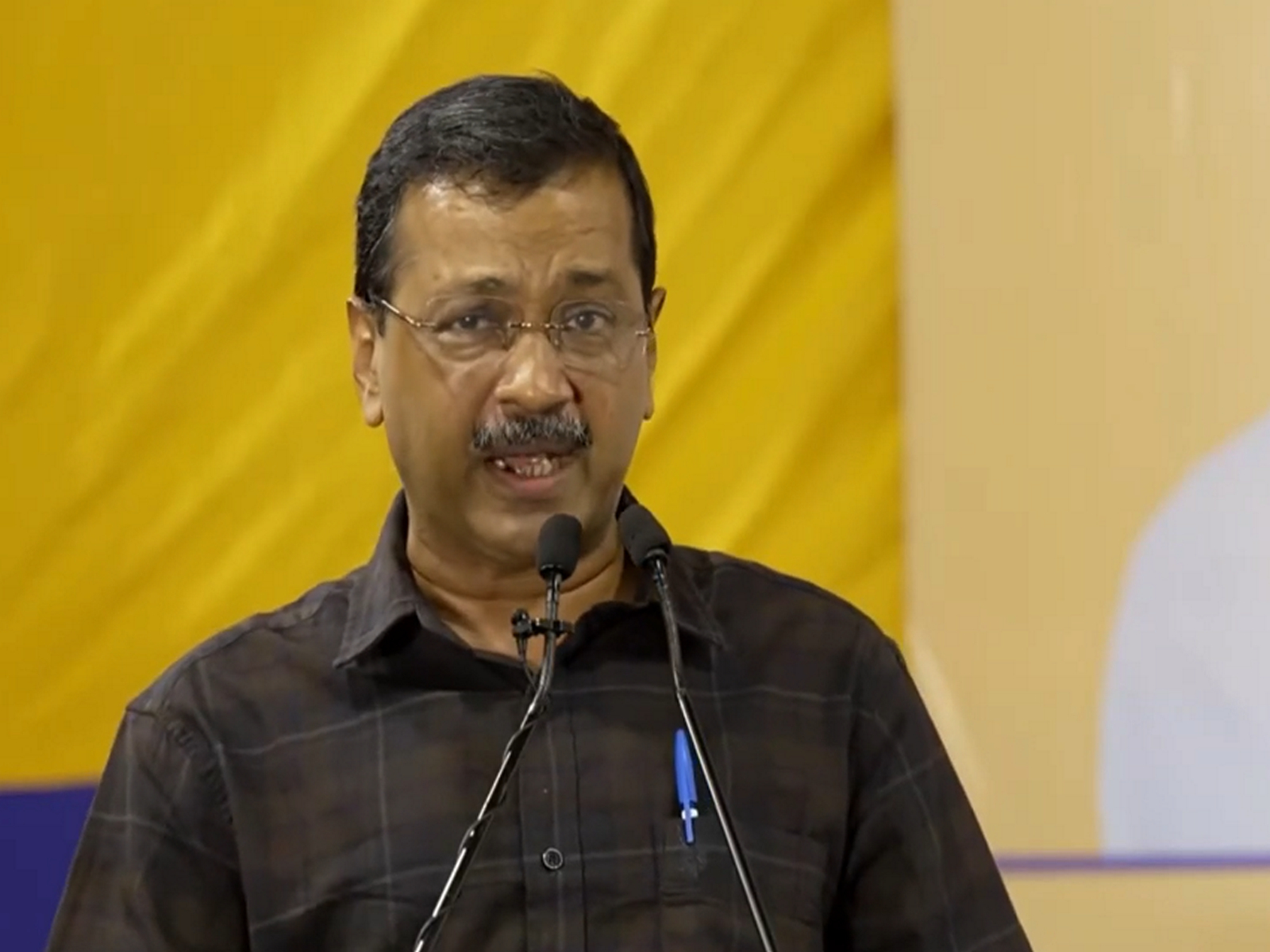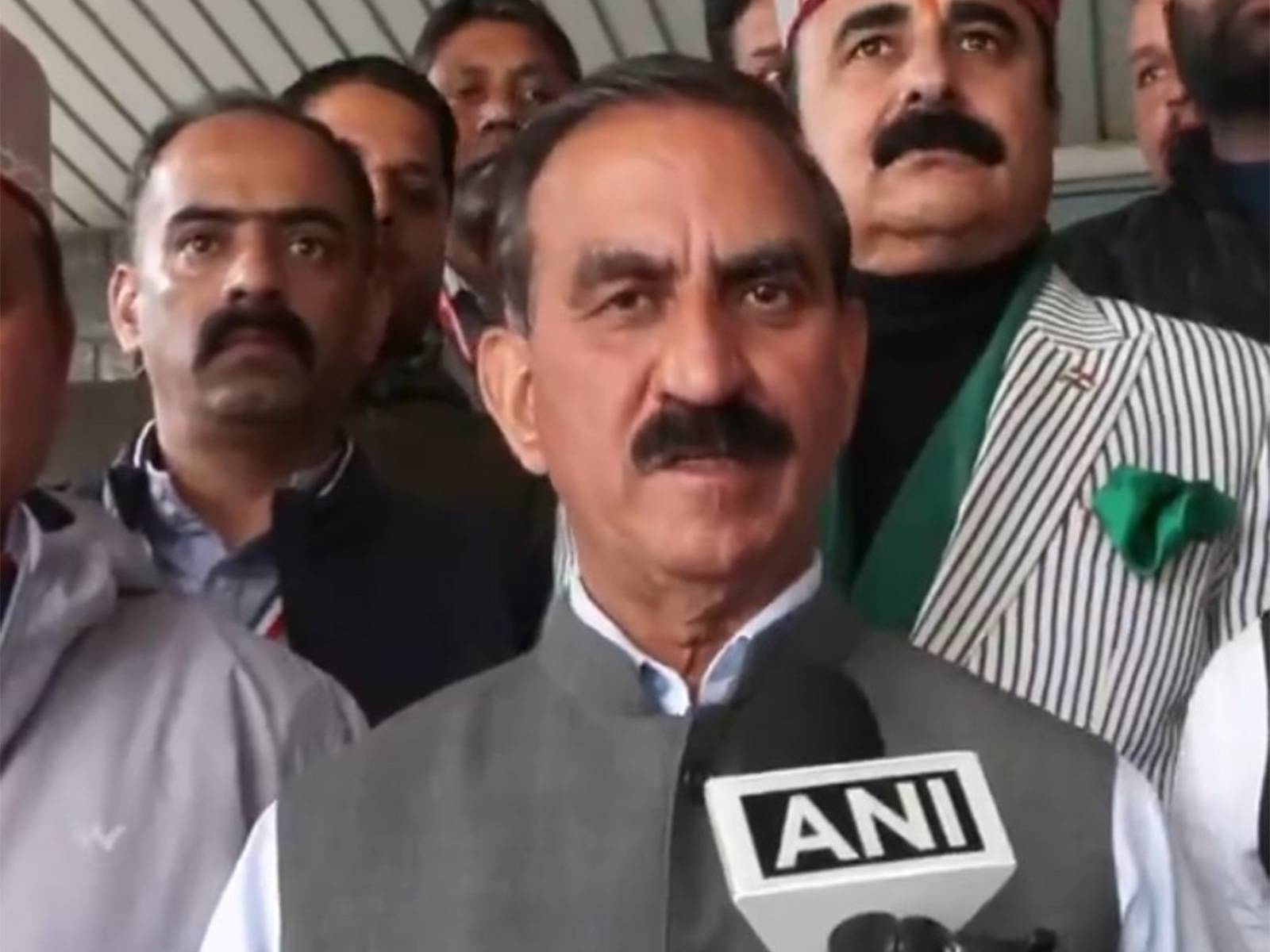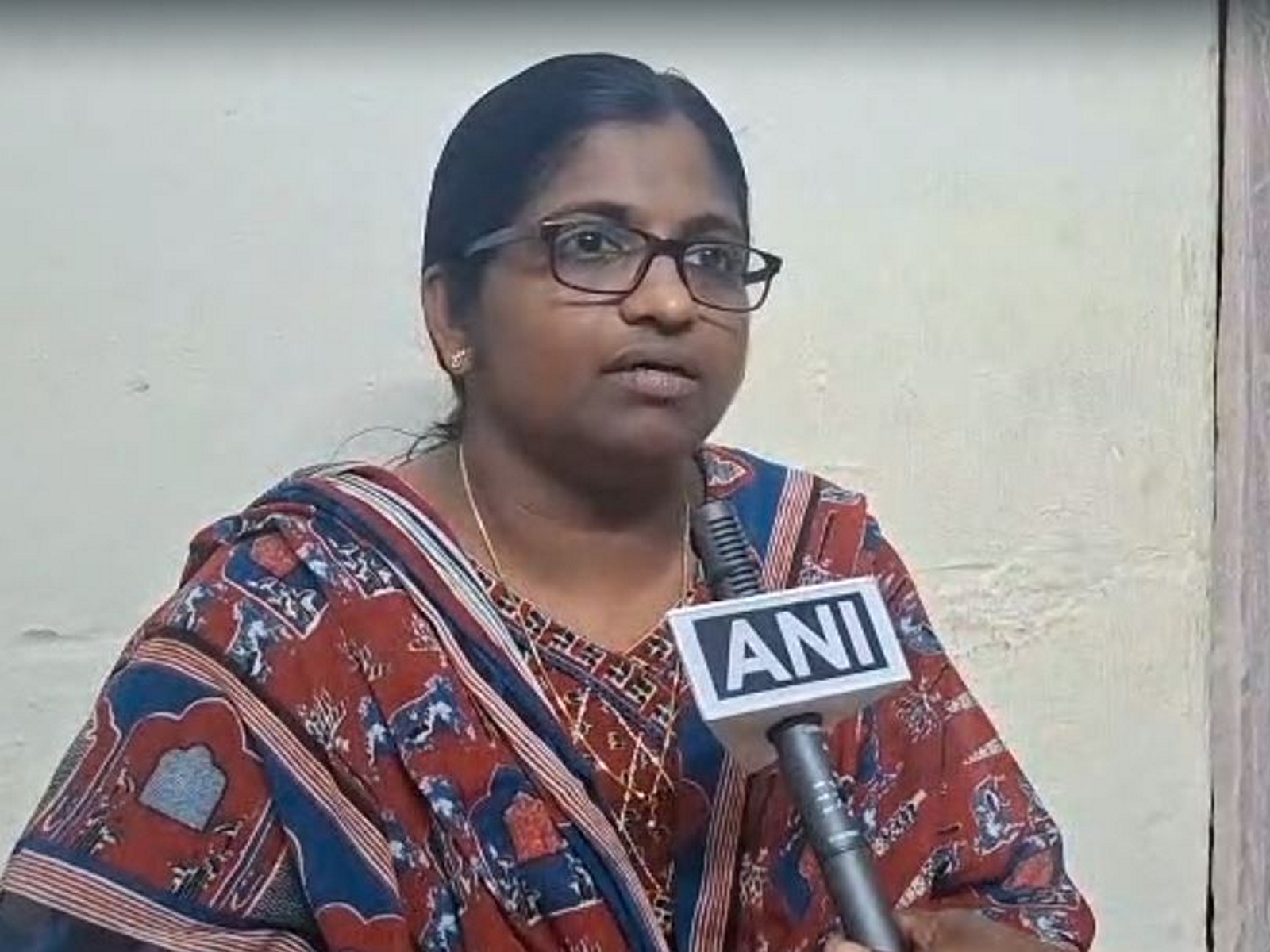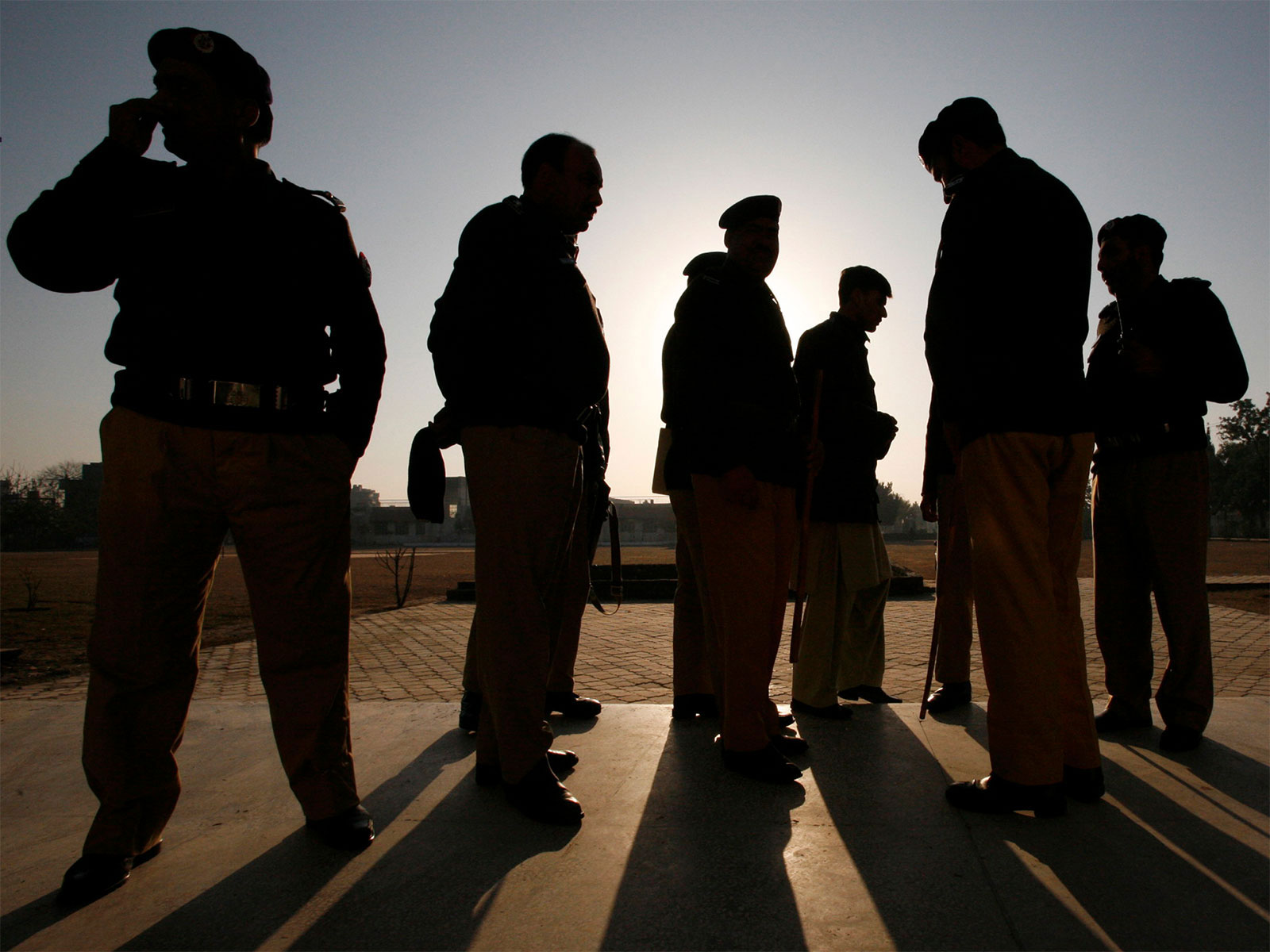Amid air pollution concerns, farmers in Amritsar continue stubble burning
Oct 11, 2020

Amritsar (Punjab) [India], October 11 : Amid rising concerns regarding air pollution in the national capital and neighbouring states, farmers in Amritsar's Meharbanpura village continued to burn stubble in their fields.
Farmers in the region on Sunday said that they did not wish to create more pollution but an unfair amount of weightage was given to this practice.
"We understand that it causes pollution. But an unfair amount of weightage is given to this practice. Industries and cars pollute more but nobody stresses upon that enough," farmer Lakhwinder Singh told ANI. 
"We know there is pollution due to this, but we do not have any proper solution," he added.
Asserting that many panchayats have passed resolutions against stubble burning, Punjab Social Security, Women and Child Development Minister Aruna Chaudhary had on Friday urged the rest to sensitise the farmers against the menace, which could exacerbate the COVID-19 situation.
"Accepting the appeal of Punjab Chief Minister Captain Amarinder Singh to ensure zero stubble burning, many panchayats have passed resolutions against the menace. But the target of zero paddy stubble burning would be achieved only when all the panchayats will team up with the state government and pledge to shun the threat. The panchayats should ensure that harvesting of paddy is done only by combine harvesters. They should inform police and administration immediately in case of any violation as it will cause huge damage to human health, especially children and old-age people, in these trying times of coronavirus," an official release quoted her.
Stubble burning during the Kharif harvesting season in Punjab and Haryana is a major environmental issue that has even been adding to the pollution levels of neighbouring Delhi for the past few years.
During these unprecedented times, stubble burning is being seen as a threat all the more as increased pollution levels add to breathing troubles, which can complicate COVID-19 infections.
















